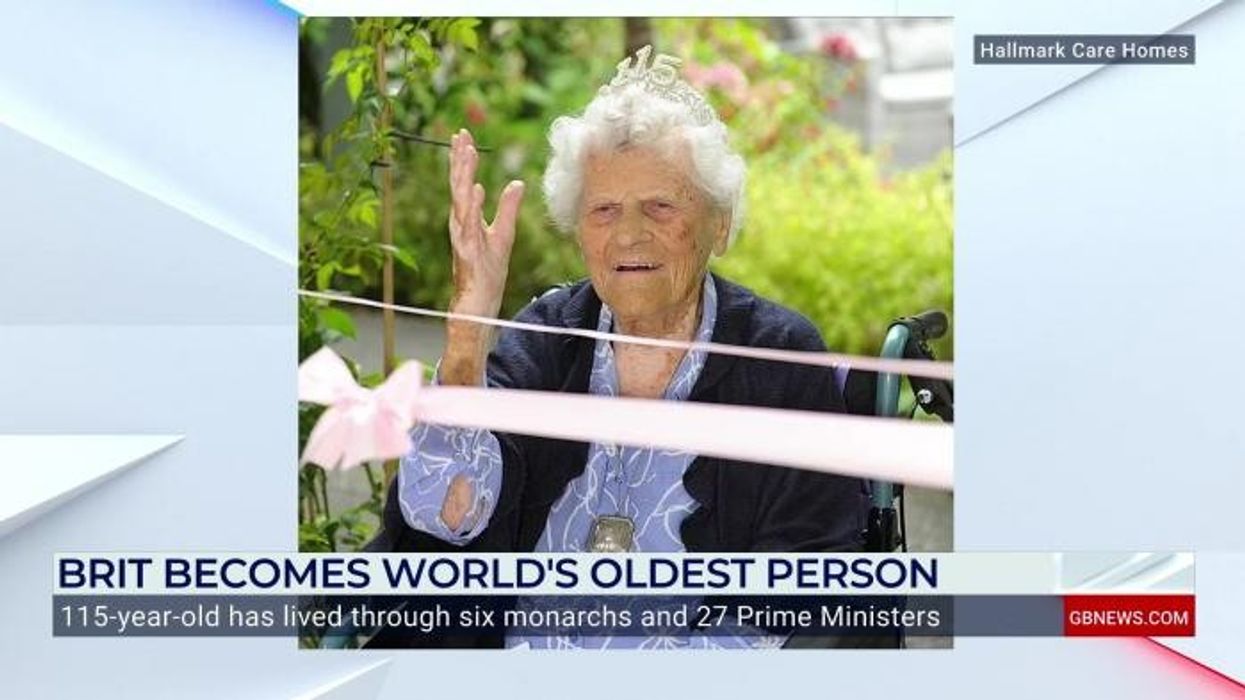How to live longer: Simple change of walking pace could slash the risk of early death by 20%
Increasing the speed of your afternoon frolic could be massively beneficial to your health for years to come
Don't Miss
Most Read
Ramping up the pace of your daily walk can massively cut the risk of an early death by 20 per cent, particularly from a heart condition, a new study has revealed.
Although it is no secret that staying active every day is beneficial for your overall health, making sure that you increase the speed might be the key to adding years to your life.
Findings from the latest study, which looked at 79,856 individuals from mostly low-income and Black communities across 12 states in the US, were published in the American Journal of Preventive Medicine.
The research showed that speed-walking for just 15 minutes a day was linked with a 20 per cent drop in total mortality, while more than three hours of slow walking each day resulted in a smaller reduction.

Walking can help mitigate the risk factors of cardiovascular disease
| GETTYLead investigator Dr Wei Zheng from Vanderbilt University said: “While the health benefits of daily walking are well-established, limited research has investigated effects of factors such as walking pace on mortality, particularly in low-income and Black and African-American populations.”
Even after accounting for various other lifestyle factors, the “benefit remained strong” and “was consistent across various sensitivity analyses”.
Those participating in the study informed the study’s authors of the time they spent on “walking slowly (such as moving around, walking at work, walking the dog, or engaging in light exercise)” and “walking fast (such as climbing stairs, brisk walking, or exercising)”.
Meanwhile, the authors gathered data on vital status and cause of death by linking the participants to the National Death Index.
LATEST DEVELOPMENTS
The researchers found that the positive effect of picking up the pace of your daily jaunt was linked with all causes of death, but was more noticeable with cases of heart disease.
The study found that the main benefits of increasing the speed of your steps related to your heart health was beneficial for a number of reasons.
First, increasing your amount of aerobic activity improves cardiac output and pumps more oxygen around your body and, overall, enhances your heart’s efficiency.
Secondly, cardiovascular risk factors are mitigated well by such exercise. Making sure you go for a daily walk assists weight control and composition, as well as reducing the risk of hypertension and dyslipidaemia.

Walking is a low-impact activity for those looking to keep fit
|GETTY
And, finally, walking is, of course, an accessible activity for those on the hunt for a convenient, low-impact exercise, no matter what age you might be.
Commenting on the study and looking towards how the findings can improve individuals’ health, lead author Lili Liu said: “Public health campaigns and community-based programmes can emphasise the importance and availability of fast walking to improve health outcomes, providing resources and support to facilitate increased fast walking within all communities.
“Furthermore, the findings of the reduced mortality associated with fast walking pace were supported by previous studies conducted in middle- and upper-middle-income populations.
“Individuals should strive to incorporate more intense physical activity into their routines, such as brisk walking or other forms of aerobic exercise,” she recommended.











